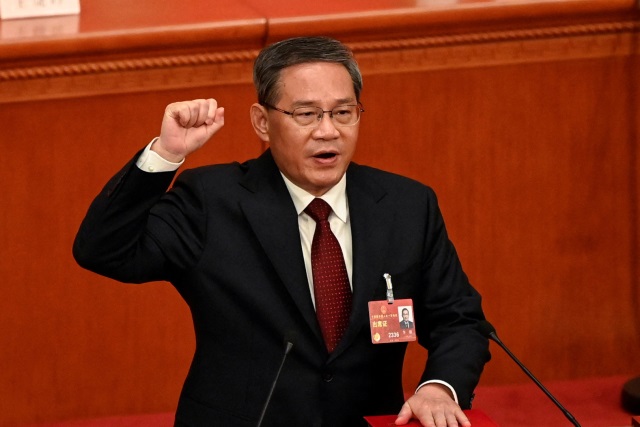The Chinese foreign ministry has announced that President Xi Jinping will attend the fifteenth BRICS (Brazil, Russia, India, China, and South Africa) Summit in South Africa.
Chinese Foreign Ministry Spokesperson Hua Chunying announced on Friday that at the invitation of President of the Republic of South Africa Cyril Ramaphosa, President Xi Jinping will attend the 15th BRICS Summit to be held in Johannesburg, South Africa and will also pay a State visit to South Africa from August 21 to 24.
“While in South Africa, President Xi Jinping will co-chair with President Ramaphosa the China-Africa Leaders’ Dialogue,” Hua Chunying added.
After his trip to Russia in March, this will be Xi’s second international trip of 2023. The Chinese president earlier paid a visit to South Africa in 2018 in an effort to strengthen his nation’s relations with Africa on a political and economic level, Al Jazeera reported.
Indian Prime Minister Narendra Modi will also travel to South Africa for the BRICS summit.
Brazil, Russia, India, China, and South Africa, together known as the BRICS, will gather in Johannesburg next week to explore how to transform the group of countries, which together account for a quarter of the world’s economy, into a geopolitical force that may challenge the developed world’s dominance, the report added.
Russian President Vladimir Putin, who is under fire for Russia’s invasion of Ukraine, will participate in the summit through video conference.
All of the African governments are represented among the 69 nations that have been invited to the summit in South Africa, and it is expected that expansion of the BRICS group would be a top priority. A number of nations, including Algeria, Saudi Arabia, Argentina, and Ethiopia, have expressed interest in formally or informally joining the group.
China has stated that it “welcomes more like-minded partners to join the ‘BRICS family’ at an early date” in an effort to increase its geopolitical power amid its continuous conflict with the United States.
Brazil has opposed expansion out of concern that it will diminish the group’s prominence, while Russia also favours it, as reported by Al Jazeera.
A Goldman Sachs economist initially used the acronym BRIC to characterise the rise of Brazil, Russia, India, and China in 2001.
These countries had their first summit in person in Russia in 2009, and when South Africa joined the group the following year, they adopted the name BRICS.
BRICS nations account for over 40 per cent of the world’s population and around 26 per cent of the global GDP. (ANI)
Read More: http://13.232.95.176/

